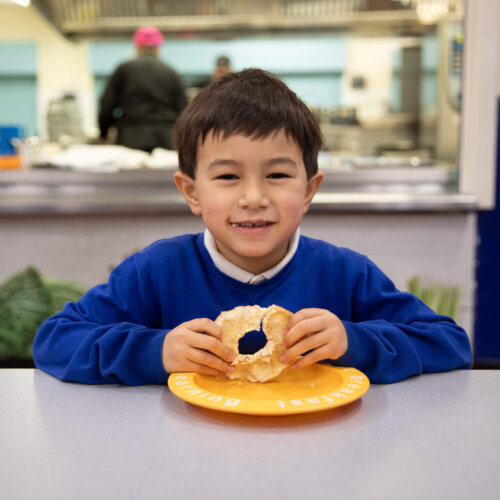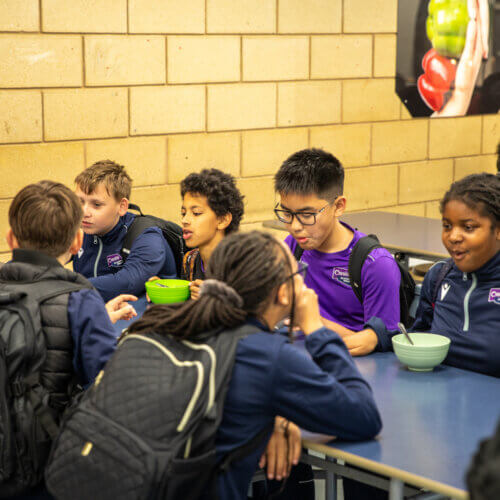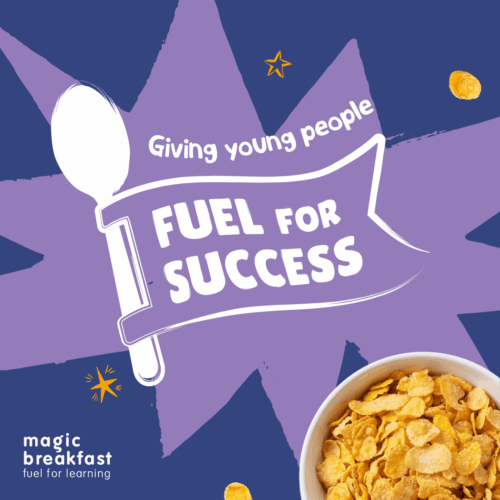Having breakfast at school makes a big impact across a child’s education.
Our impact- What we do

Having breakfast at school makes a big impact across a child’s education.
Our impact - Get involved

Breakfast Powers Opportunity
Take action here - Schools hub

Want to become a Magic Breakfast school? Sign up today!
Get on board - News & Views
- About

Want to hear more? Sign up to receive an extra slice of Magic Breakfast in your inbox!
Email updates












